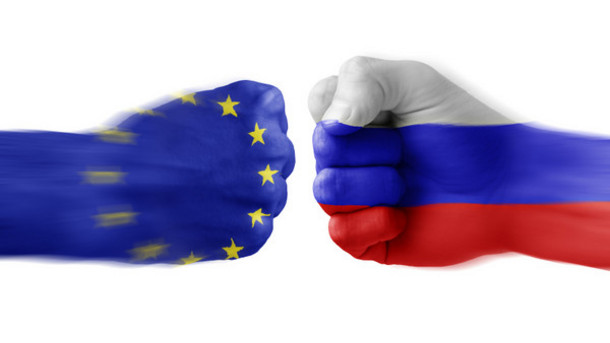
Hölgyeim és Uraim, egy brit elitegyetem, a London School of Economics and Political Science egy doktori disszertációját készítő diákja megkért arra, hogy egy interjúban válaszoljak kérdéseire, amely része lesz értekezésének.
Azt hasonlítja össze, hogy miként reagált az Egyesült Királyság, Németország és Magyarország az uniós szankciókra Oroszország ellen.
A kérdéseket csatoltam.
Arra kérem azt, aki tényeken alapuló egy-két mondatos választ tud/kíván elküldeni, tegye meg a blogomon található e-mail kapcsolaton keresztül.
Köszönet!
What was the initial position of the Hungarian government towards sanctions?
What was the initial position of the Hungarian public towards sanctions?
Which is the single most important factor that explains the position of the Hungarian government?
Did the position of Hungary change between the start of the sanctions talks and today? If so, why?
Why did Hungary in spite of its public protest of the EU sanctions, support them in the Council?
Did Hungary download (insert the EU’s position into its national position) upload (insert its national position into the EU’s position) or cross-load (a mixture of both)?
What is the relevance of Hungary’s foreign policy of “Eastern Opening” to explain its public criticism of sanctions?
What is the relevance of Russia renewing Hungary’s Paks II nuclear plant to explain its public criticism of sanctions?
What is the relevance of Viktor Orban’s support for “illiberal democracy” to explain its public criticism of sanctions?
Do you agree that the position that was adopted by the EU in the end, somewhat resembled the German position? If you agree or disagree, why do you think this was or was not the case?
Do you think the sanctions were designed to send a signal to Russia that its actions will not be tolerated or to cause genuine economic damage to Russia?
Why did the EU refrain from sanctioning Russia’s gas export monopoly Gazprom directly, or cutting off Russia from SWIFT payments?
Do you think normative arguments played a role for the Hungarian government? (Support for Ukrainian democracy, right of determination of Ukrainian people, shared values? Etc)
Did the fact that the Russian episode was closer to home than other sanctions episodes (Iran, Syria, DPRK…) play a role when Hungary designed its position?
Do you think different Member States had different positions?
Do you think that Russia was caught off guard, thinking that it could act freely because the EU Member States would never reach a consensus on sanctions?
What was the importance of private sector actors from the EU lobbying for or against a specific type of sanctions?